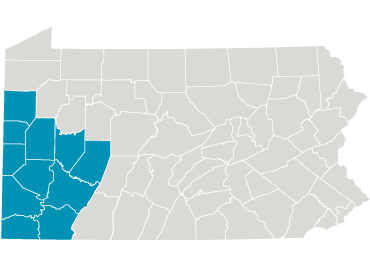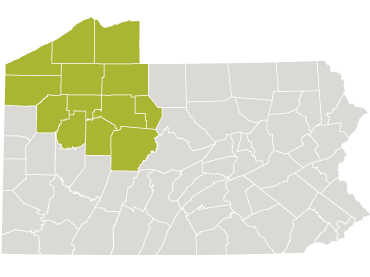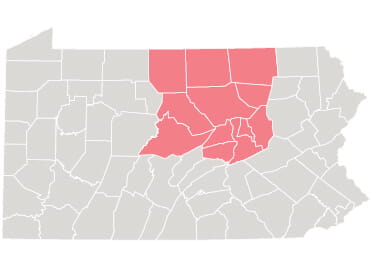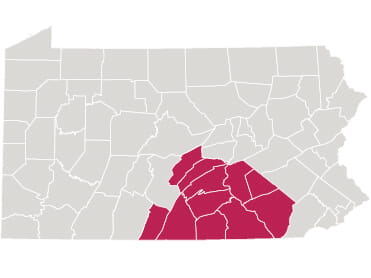Mitchell was out running errands and finishing daily appointments when he passed out. As he fell, he hit his head on a desk and the floor, and then went into a seizure.
An ambulance rushed Mitchell to the nearby UPMC Western Maryland Emergency Department (ED). Imaging scans showed he had a traumatic brain injury (TBI). He had a massive bleed in his brain and needed emergency brain surgery.
Within an hour of Mitchell's fall, neurosurgeon Kheder Ashker, MD, was performing an emergency craniotomy. The fast action saved Mitchell's life and preserved his brain function.
"I couldn't imagine if we lost him," says Sara, Mitchell's wife. "I was so worried, but he got the care that he needed. Plain and simple, they saved his life."
After surgery, Mitchell dealt with some of the lingering effects of his TBI. Common complications after TBI include aggression, confusion, and combativeness, which Mitchell experienced.
"He was extremely combative (in the hospital) for four days," Sara says. "And he didn't lose any of his physical strength in that, so we had to restrain him, which he absolutely hated.
"But once he started putting two and two together and understanding what happened, why he was at the hospital, and why he had to stay at the hospital, that's when he started to relax a little bit and was much more conducive to working with."
As time went on, Mitchell continued his recovery. He and his family own a dairy farm in Garrett County, Md., and he began doing some work around the farm within two months. Within six months, he was functioning at almost 100%.
"There are still things that aren't normal yet," Sara says. "But it's so good knowing that we didn't lose the chances that we have as a family, knowing the likelihood that he might not be here."
Sara is thankful for how quickly everyone worked to save Mitchell. The access to emergency trauma services in a short amount of time helped save his life and his brain function.
"All the things that had to line up for the injury to happen and then all of the things that had to line up for the recovery to happen, we can't blame it on coincidence," she says. "We feel like God's help was huge in that.
"And we're so grateful that God still had more to do with Mitchell. We're just waiting for what's next and glad that we have another chance."
At UPMC Western Maryland, Life Changing Medicine means lifesaving care at the most critical times.
Find Trauma Care Services Near You
























